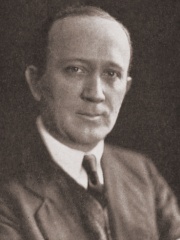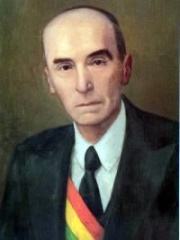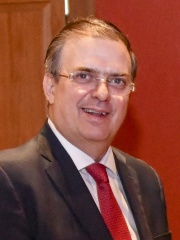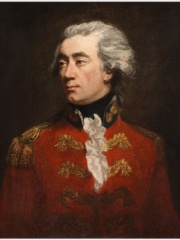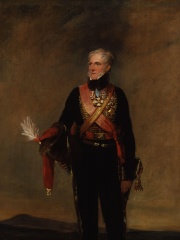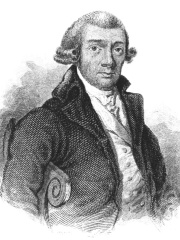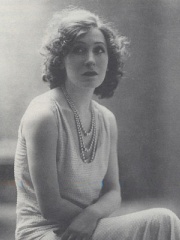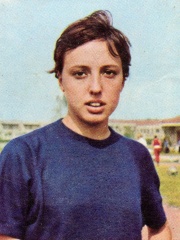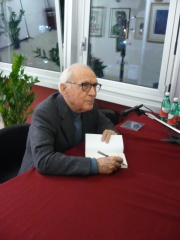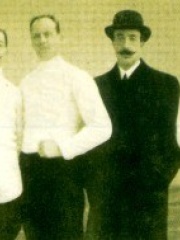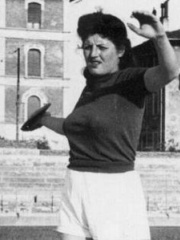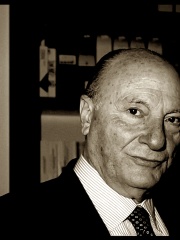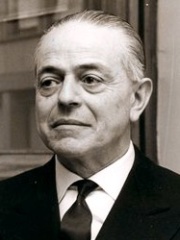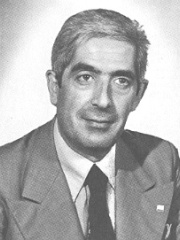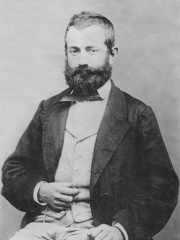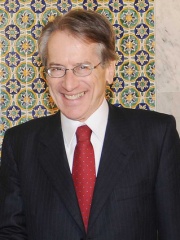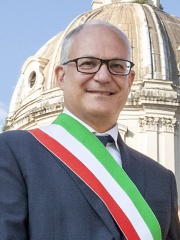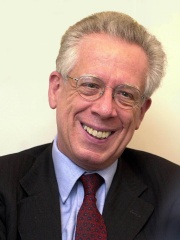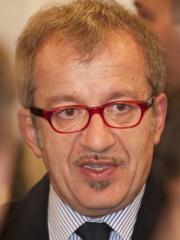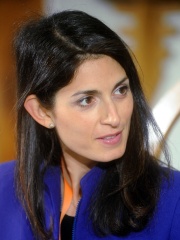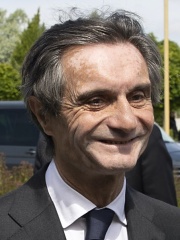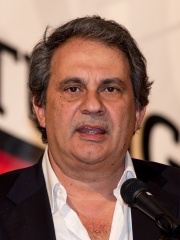POLITICIAN
Sicard of Benevento
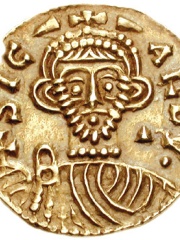
 Sicard of Benevento
Sicard of Benevento
Sicard (died 839) was the Prince of Benevento from 832. He was the last prince of a united Benevento which covered most of the Mezzogiorno. On his death, the principality descended into civil war which split it permanently (except for very briefly under Pandulf Ironhead from 977 to 981). He was the son and successor of the Spoletan Sico. Read more on Wikipedia
His biography is available in 15 different languages on Wikipedia. Sicard of Benevento is the 16,240th most popular politician (down from 15,710th in 2024), the 3,989th most popular biography from Italy (down from 3,905th in 2019) and the 883rd most popular Italian Politician.
Memorability Metrics
Page views of Sicard of Benevento by language
Among POLITICIANS
Among politicians, Sicard of Benevento ranks 16,243 out of 19,576. Before him are William Z. Foster, Néstor Guillén, Marcelo Ebrard, Patricia Davies, Henry Percy, 2nd Earl of Northumberland, Seyni Oumarou, Francis Rawdon-Hastings, 1st Marquess of Hastings, Henry Paget, 1st Marquess of Anglesey, and Muhammadu Maccido. After him are Elephenor, Askar Mamin, and Dru Drury.
Most Popular Politicians in Wikipedia
Go to all RankingsWilliam Z. Foster
1881 - 1961
HPI: 53.60
Rank: 16,241
Néstor Guillén
1890 - 1966
HPI: 53.60
Rank: 16,242
Marcelo Ebrard
1959 - Present
HPI: 53.60
Rank: 16,243
Patricia Davies
1956 - Present
HPI: 53.60
Rank: 16,244
Henry Percy, 2nd Earl of Northumberland
1393 - 1455
HPI: 53.59
Rank: 16,245
Seyni Oumarou
1951 - Present
HPI: 53.59
Rank: 16,246
Francis Rawdon-Hastings, 1st Marquess of Hastings
1754 - 1826
HPI: 53.59
Rank: 16,247
Henry Paget, 1st Marquess of Anglesey
1768 - 1854
HPI: 53.59
Rank: 16,248
Muhammadu Maccido
1928 - 2006
HPI: 53.59
Rank: 16,249
Sicard of Benevento
HPI: 53.58
Rank: 16,250
Elephenor
HPI: 53.58
Rank: 16,251
Askar Mamin
1965 - Present
HPI: 53.58
Rank: 16,252
Dru Drury
1725 - 1804
HPI: 53.57
Rank: 16,253
In Italy
Among people born in Italy, Sicard of Benevento ranks 3,991 out of 5,161. Before him are Marta Abba (1900), Paola Pigni (1945), Bruno Visintin (1932), Vincenzo Consolo (1933), Riccardo Nowak (1885), Edera Cordiale (1920), and Andrea Trinchieri (1968). After him are Lola Pagnani (1972), Alberto Cova (1958), Raffaele La Capria (1922), Gaetano Martino (1900), and Ines Pellegrini (1954).
Others born in Italy
Go to all RankingsMarta Abba
ACTOR
1900 - 1988
HPI: 53.67
Rank: 3,984
Paola Pigni
ATHLETE
1945 - 2021
HPI: 53.67
Rank: 3,985
Bruno Visintin
ATHLETE
1932 - 2015
HPI: 53.66
Rank: 3,986
Vincenzo Consolo
WRITER
1933 - 2012
HPI: 53.64
Rank: 3,987
Riccardo Nowak
FENCER
1885 - 1950
HPI: 53.63
Rank: 3,988
Edera Cordiale
ATHLETE
1920 - 1993
HPI: 53.61
Rank: 3,989
Andrea Trinchieri
COACH
1968 - Present
HPI: 53.59
Rank: 3,990
Sicard of Benevento
POLITICIAN
HPI: 53.58
Rank: 3,991
Lola Pagnani
ACTOR
1972 - Present
HPI: 53.58
Rank: 3,992
Alberto Cova
ATHLETE
1958 - Present
HPI: 53.56
Rank: 3,993
Raffaele La Capria
WRITER
1922 - 2022
HPI: 53.56
Rank: 3,994
Gaetano Martino
POLITICIAN
1900 - 1967
HPI: 53.55
Rank: 3,995
Ines Pellegrini
ACTOR
1954 - Present
HPI: 53.55
Rank: 3,996
Among POLITICIANS In Italy
Among politicians born in Italy, Sicard of Benevento ranks 883. Before him are Gianuario Carta (1931), Quintino Sella (1827), Giulio Terzi di Sant'Agata (1946), Lucius Valerius Flaccus (-300), Roberto Gualtieri (1966), and Tommaso Padoa-Schioppa (1940). After him are Gaetano Martino (1900), Andrea Giani (1970), Roberto Maroni (1955), Virginia Raggi (1978), Attilio Fontana (1952), and Roberto Fiore (1959).
Gianuario Carta
1931 - 2017
HPI: 53.97
Rank: 877
Quintino Sella
1827 - 1884
HPI: 53.96
Rank: 878
Giulio Terzi di Sant'Agata
1946 - Present
HPI: 53.91
Rank: 879
Lucius Valerius Flaccus
300 BC - 300 BC
HPI: 53.85
Rank: 880
Roberto Gualtieri
1966 - Present
HPI: 53.84
Rank: 881
Tommaso Padoa-Schioppa
1940 - 2010
HPI: 53.69
Rank: 882
Sicard of Benevento
HPI: 53.58
Rank: 883
Gaetano Martino
1900 - 1967
HPI: 53.55
Rank: 884
Andrea Giani
1970 - Present
HPI: 53.45
Rank: 885
Roberto Maroni
1955 - 2022
HPI: 53.44
Rank: 886
Virginia Raggi
1978 - Present
HPI: 53.35
Rank: 887
Attilio Fontana
1952 - Present
HPI: 53.26
Rank: 888
Roberto Fiore
1959 - Present
HPI: 53.19
Rank: 889
